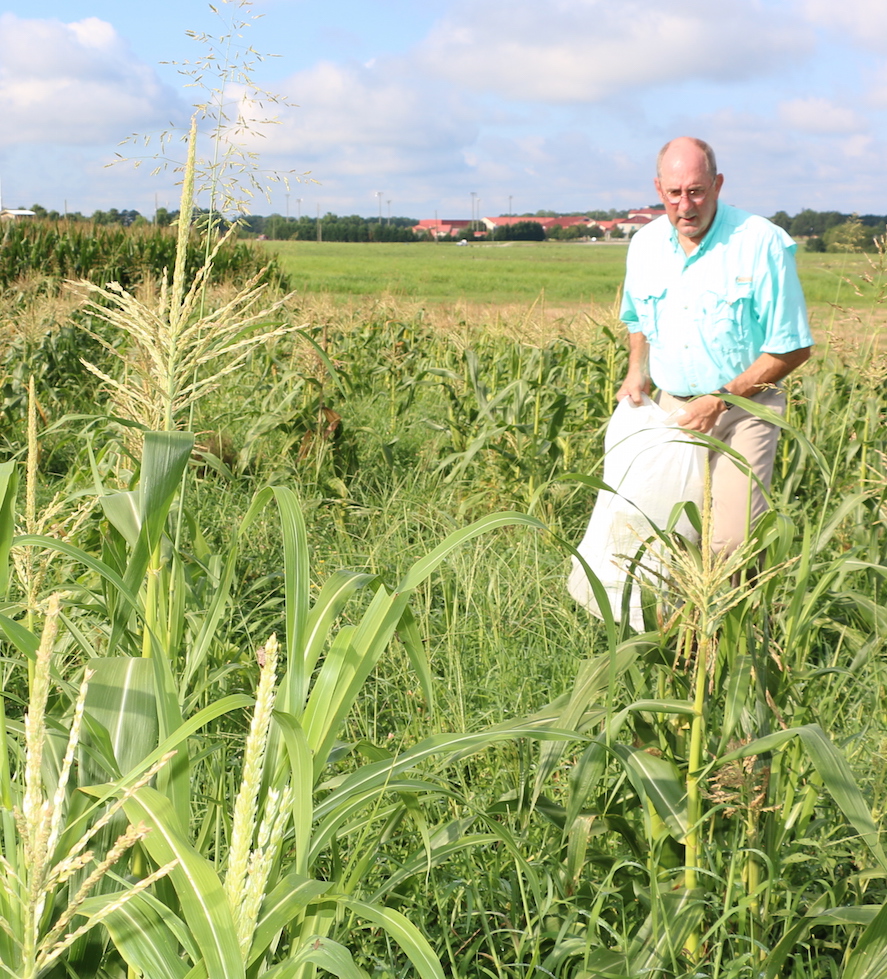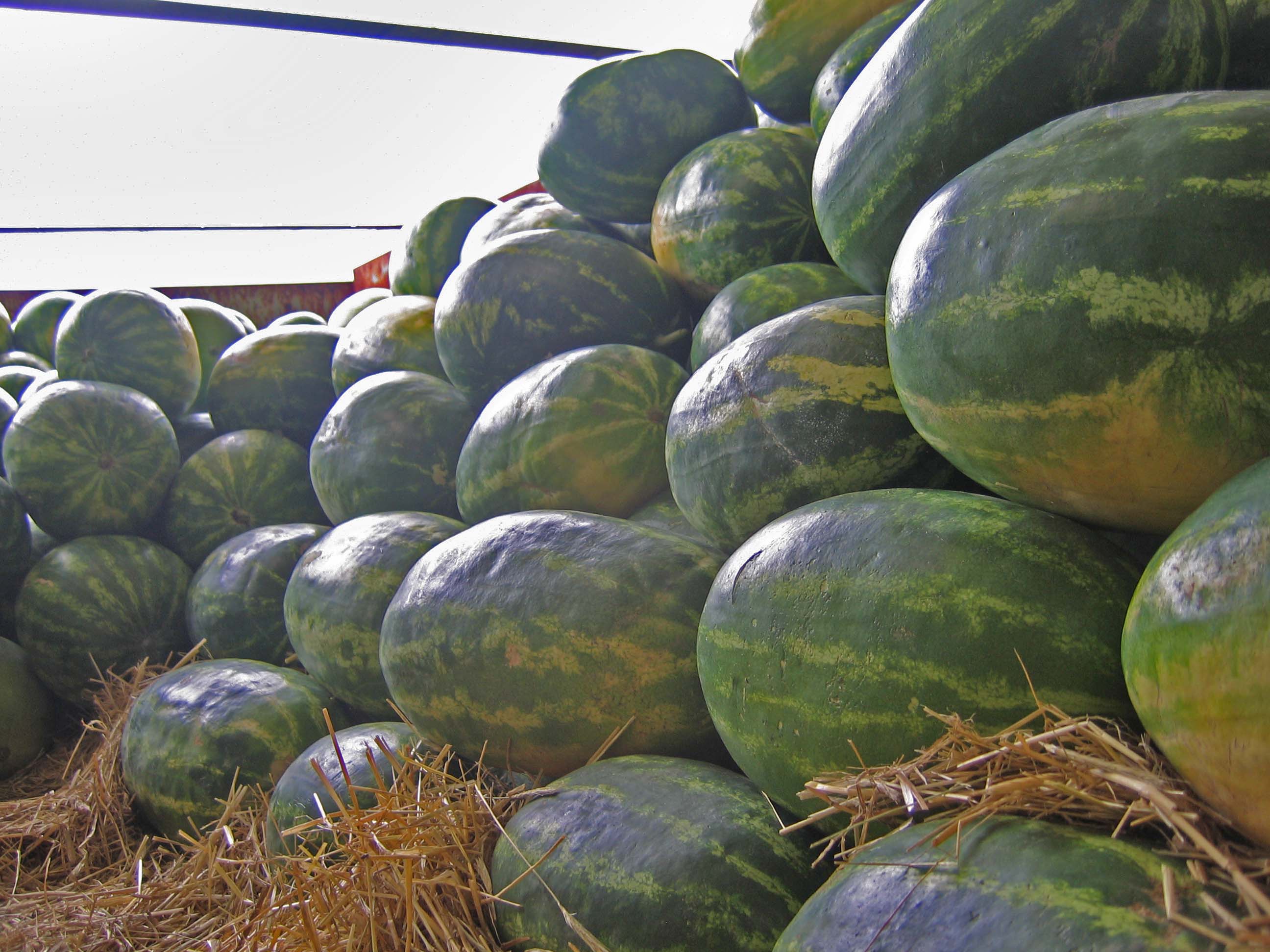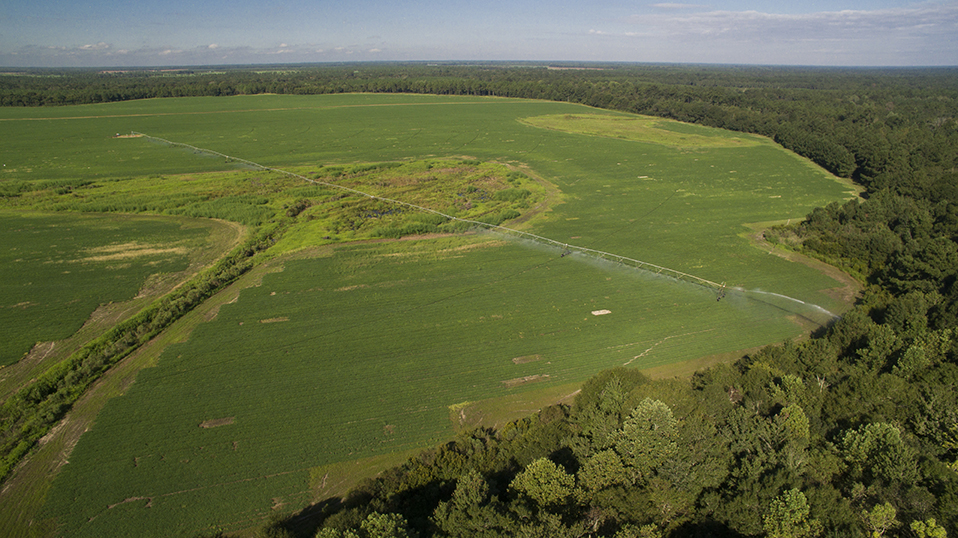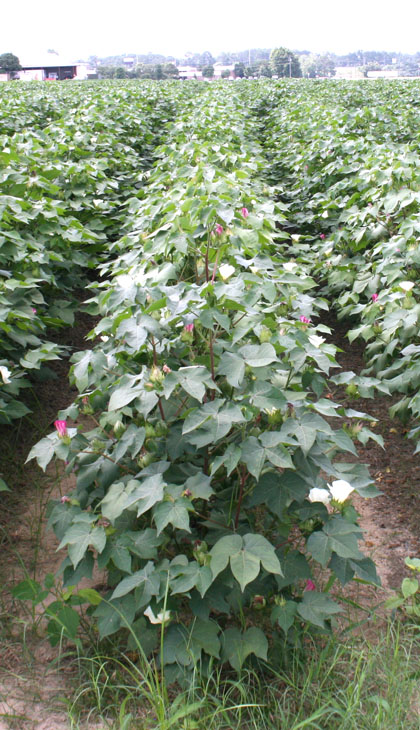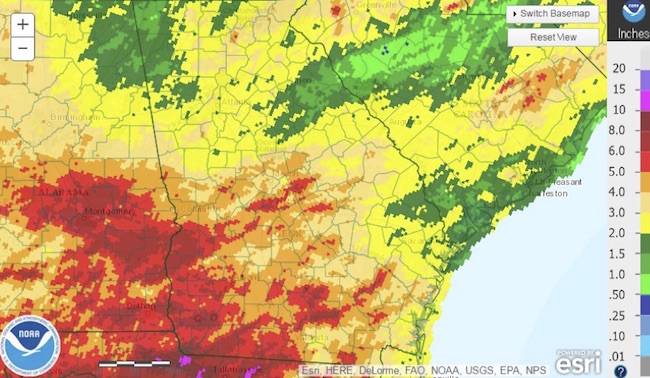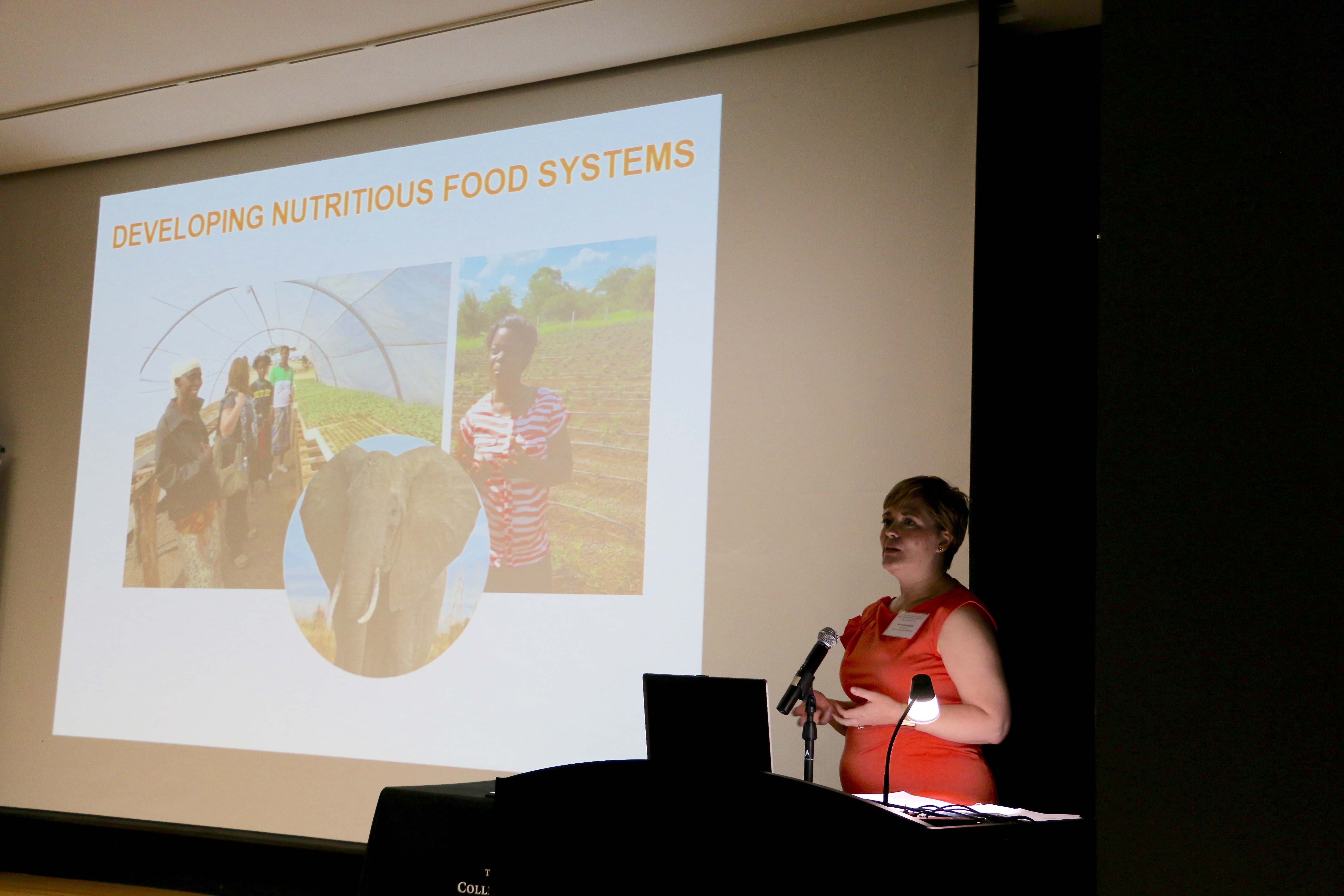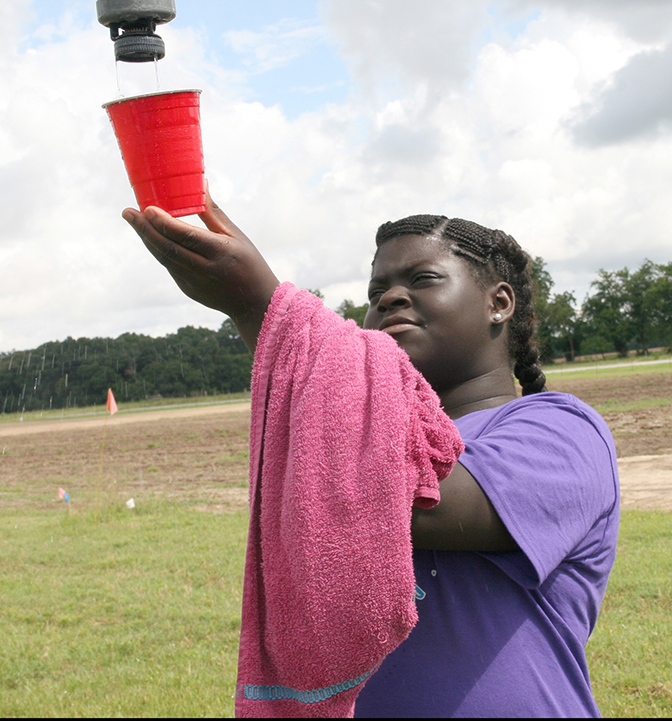 CAES News
CAES News
4-H20 Camp
A blend of fun and education, the Mitchell County 4-H20 day camp is designed to introduce students to the importance of water conservation and irrigation. The three-day camp is held every year, and will include a visit to the University of Georgia C.M. Stripling Irrigation Research Park in Camilla, Georgia, on June 22.


